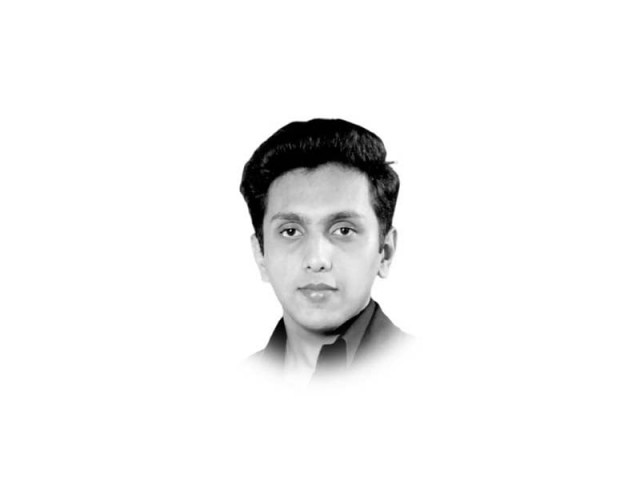Modi’s rule: a threat to India’s pluralism?

Narendra Modi has been sworn in as India’s Prime Minister for the third consecutive term. Despite a strong opposition from the INDIA alliance led by Rahul Gandhi’s Congress, the BJP and its allies managed to secure the required number of seats in the parliament. However, the nation’s secular fabric, which has been its strength for decades, is increasingly being questioned under Modi’s governance.
India is home to approximately 200 million Muslims, making it the country with the largest Muslim population outside of Muslim-majority nations. Yet, Modi’s recently announced cabinet conspicuously lacks a single Muslim member. This absence is glaring in a nation that prides itself on its diversity and pluralism. The exclusion of Muslims from the highest echelons of power raises concerns about the inclusivity of Modi’s government.
One of the most contentious actions of Modi’s administration was the revocation of Article 370 that granted special autonomy to the Muslim-majority state of Jammu and Kashmir. The Modi government’s hardline stance on Kashmir has only deepened the chasm between India and Pakistan, making peace a distant dream.
Under Modi, India’s relations with Pakistan have deteriorated significantly. The constant exchange of hostile rhetoric and the lack of meaningful dialogue have kept both nations on edge. Two nuclear-armed neighbours have a long history of conflict, but the current administration’s stance has been particularly aggressive. The Uri attack in 2016 and the so-called Balakot airstrike by India and the shooting down of IAF jets followed by the arrest of Wing Commander Abhinandan in 2019 are just a few examples of the heightened military tensions between the two countries. This antagonistic approach does little to foster peace and stability in the region.
Modi’s India has increasingly been compared with Italy under Mussolini. Just as Mussolini’s Italy ostracised and marginalised groups that did not fit the fascist narrative, Modi’s India seems to be treading a similar path.
India has witnessed several riots and protests in recent years, many of which have been linked to religious or ethnic tensions. The Citizenship Amendment Act (CAA) and the National Register of Citizens (NRC) sparked widespread protests, particularly among Muslims who felt targeted by these policies. In the eastern states, communal riots have further strained the social fabric. Additionally, the farmers’ protests, predominantly led by Punjabi farmers, highlighted the government’s disconnect with its agrarian community. The killing of Sikh activist Hardeep Singh Nijjar in Canada has further strained relations with the Sikh diaspora, who have been vocal critics of Modi’s policies.
The BJP’s ideology, rooted in Hindutva, marginalises other religious communities, particularly Muslims and Christians. The propagation of Hindutva has led to a surge in religious intolerance, with minorities feeling increasingly vulnerable. Construction of Ram Mandir at the place of Babari Mosque is also one of the recent developments under the Modi regime.
The Modi government has faced allegations of spreading misleading information and fake news. The EU recently shut down several Indian websites operating within the EU member states for spreading false information. These websites were accused of disseminating propaganda to tarnish Pakistan’s image while promoting a Hindu nationalist agenda. Such activities undermine the credibility of India’s media and raise questions about the government’s role in perpetuating disinformation.
India’s secular identity, which has been its hallmark for decades, is under threat under Modi’s leadership. The exclusion of Muslims from the cabinet, the revocation of Article 370, strained relations with Pakistan, widespread riots and the rise of Hindutva are all symptoms of a deeper malaise. As a nation, India stands at a crossroads, and the path it chooses will determine its future as a pluralistic democracy.
In these trying times, it is imperative for India to revisit its foundational values of secularism and inclusivity. The hope is that the strong opposition in the parliament and the voices of the marginalised will steer the country back to its true essence.














COMMENTS
Comments are moderated and generally will be posted if they are on-topic and not abusive.
For more information, please see our Comments FAQ